Samsung's new Galaxy Ring will hopefully make an Apple Ring inevitable
A ring makes more sense than a watch
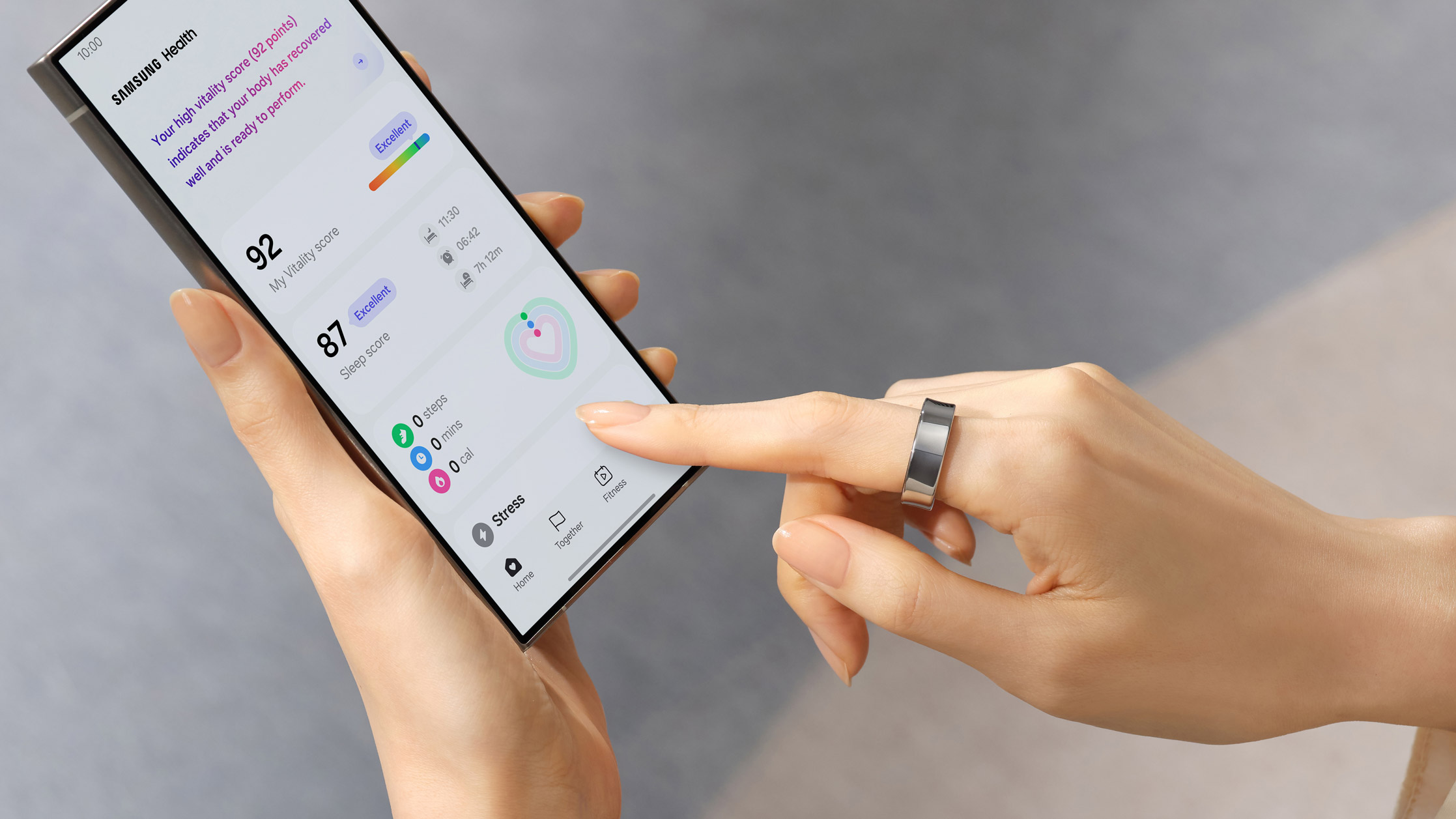
When I heard that the Samsung Galaxy Ring was real, my first thought was “what took so long?” I’ve seen the Oura Ring, but there is very little competition in this category, even though it makes so much sense. I’m amazed Samsung did not land on this concept much sooner. It’s such a clear win that an Apple Ring feels inevitable. Oh, right. Apple doesn’t copy Samsung. Sure.
We should have had a ring before a watch. We should have an Apple Ring already, instead of an Apple Watch Ultra. We can SCUBA dive with the Apple Watch, but there’s no Apple Ring. Something is backwards here.
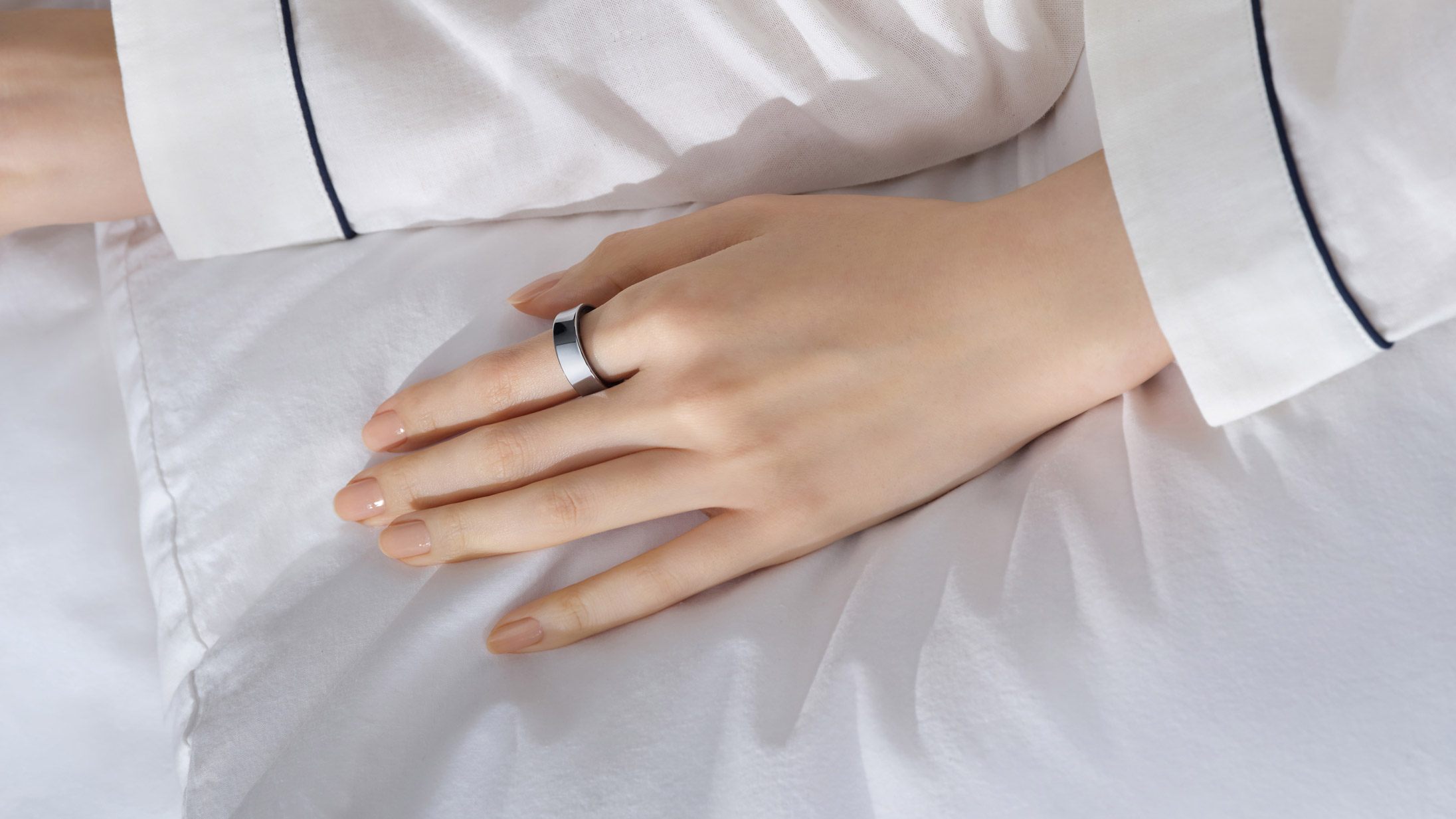
A ring makes much more sense than a watch. First of all, I have a nice, fancy watch that I wear occasionally. I inherited it from my dad, who is still alive, so I like to wear it around him on occasion to show it off. I like it more than he did when it was his. But I still wear my Apple Watch predominantly. I can’t lose a day of closed rings.
Surely a large portion of Apple’s iPhone ownership owns a watch they would rather wear than an Apple Watch, on occasion. It’s an affluent group. Watches are still cool, even if we mostly tell time by looking at our phones. A watch is a great fashion accessory, in addition to being useful. That means I might need more than one watch to match different occasions. I need to accessorize.
If I had an Apple Ring instead of an Apple Watch, I wouldn’t mind wearing it all the time. It wouldn’t keep me from wearing other accessories, unlike the Apple Watch.
A ring will be cheaper if I need a new one every few years
Second of all, we know that this accessory, whether it's a ring or a watch, is going to be out of date some day, probably within the next two to three years. I’m going to trade it in or throw it away or maybe just leave it sitting in a drawer. That’s not so easy with an Apple Watch that costs more than any other watch I’ve purchased. A watch shouldn’t go out of date. A watch couldn’t become obsolete before the Apple Watch.
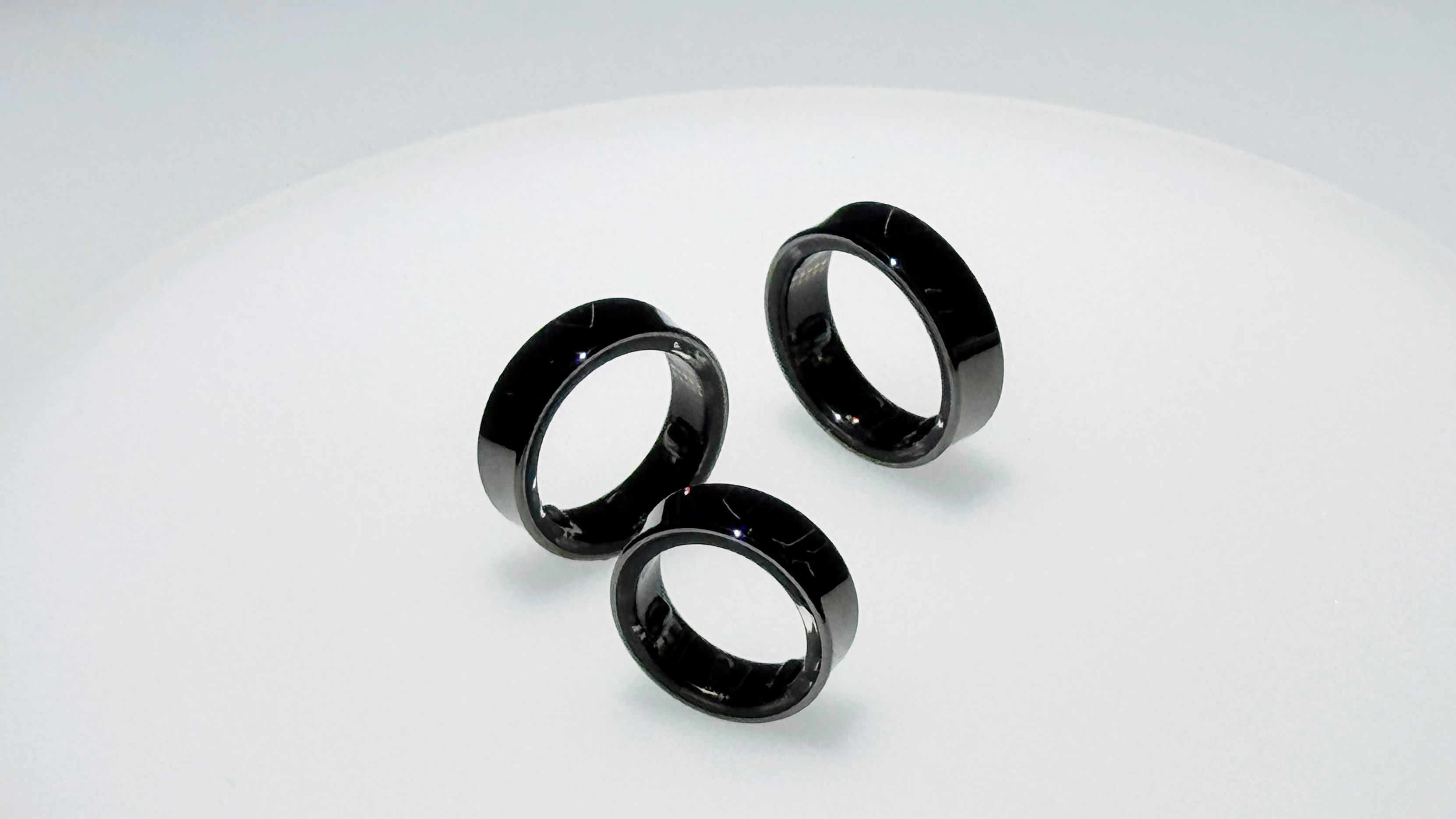
An Apple Ring would be more palatable to lose, if I needed something new. A ring is less personal than a watch. It doesn’t have a face. I also imagine an Apple Ring would be less expensive than an Apple Watch. There is more miniaturization involved, and that makes production and parts expensive. But there are also fewer parts, by far, and no moving parts like the digital crown.
If I have to replace a $200 Apple Ring every two years, I’ll be annoyed, but it's not as bad as realizing that my $600 stainless steel Apple Watch doesn’t have the features I need, and needs to be replaced.
Now that wearables are for health, a ring makes more sense
Why didn’t an Apple Ring, or the Galaxy Ring for that matter, come before the Apple Watch, launched in 2015, or the original Samsung Galaxy Gear wearable, from 2013? Because the original smartwatch makers had no idea what a wearable was good for.
The Galaxy Gear wearable had a freaking camera. For video calls? Maybe, but it shipped with an app that could scan wine bottle labels and recommend food pairings. Tell me that Samsung had a clue what wearables were for back then.
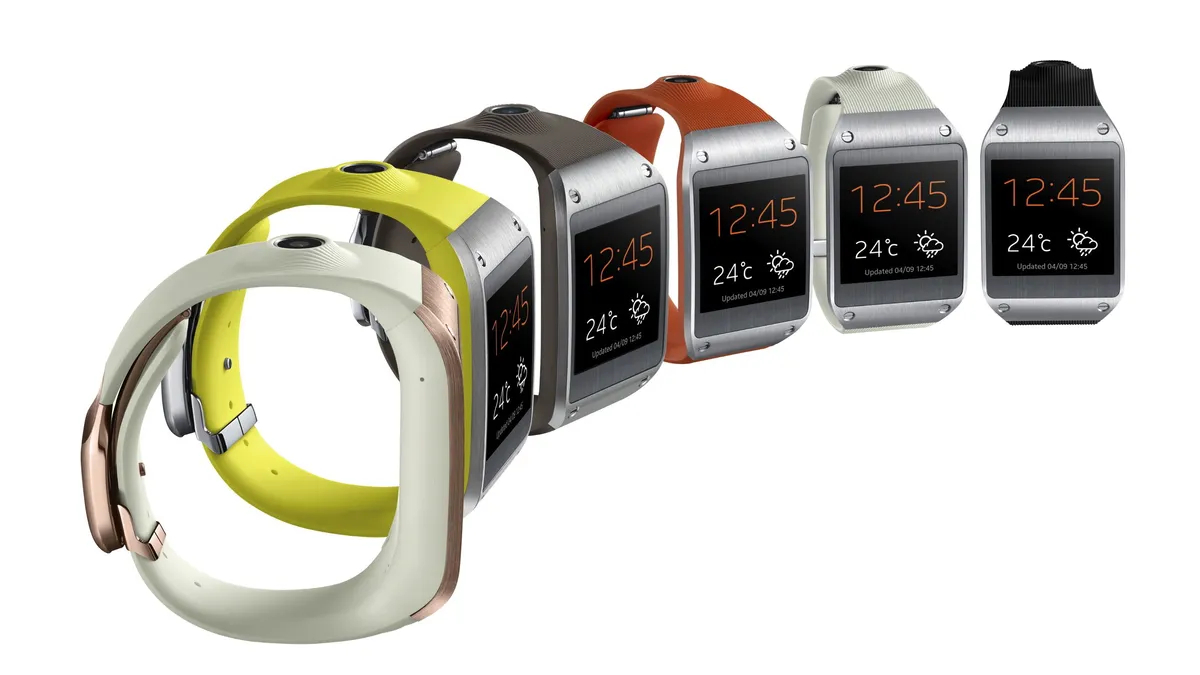
Don’t laugh, Apple fans. The original Apple Watch had a feature that would record your heartbeat and send it to another Apple Watch owner to feel themselves. That has some creepy Facebook Poke vibes right there. Oh, also Apple sold a gold version for $10,000, and that model is officially no longer supported. I can’t name another gold watch that expires in 10 years.
An expired Apple Watch isn’t even jewelry anymore. It’s worthless. If Apple sells a gold Apple Ring for $1,000 and stops supporting the ring, at least it’s still a gold ring.
It took a while for smartwatch makers to realize that health was enough reason to own a wearable. Everything else is gravy. Notifications are very nice, especially if you work in a field that doesn’t let you look at a phone screen ever. Still, it’s the health features that sell smartwatches. Nobody buys a Galaxy Watch to use it as a viewfinder for their phone camera, though that can be a fun trick on occasion.
Now that we’ve settled on health, let’s admit that a ring makes more sense than a watch. A ring is easier to wear while exercising, especially if you play contact sports. A ring is more comfortable and easier to ignore than a watch, especially if your wrists swell and shrink, as mine do depending on hydration. I don’t track my sleep with my watch because it isn’t comfortable to wear while sleeping, but I could easily fall asleep wearing a ring.
After Apple Vision Pro, an Apple Ring should come next
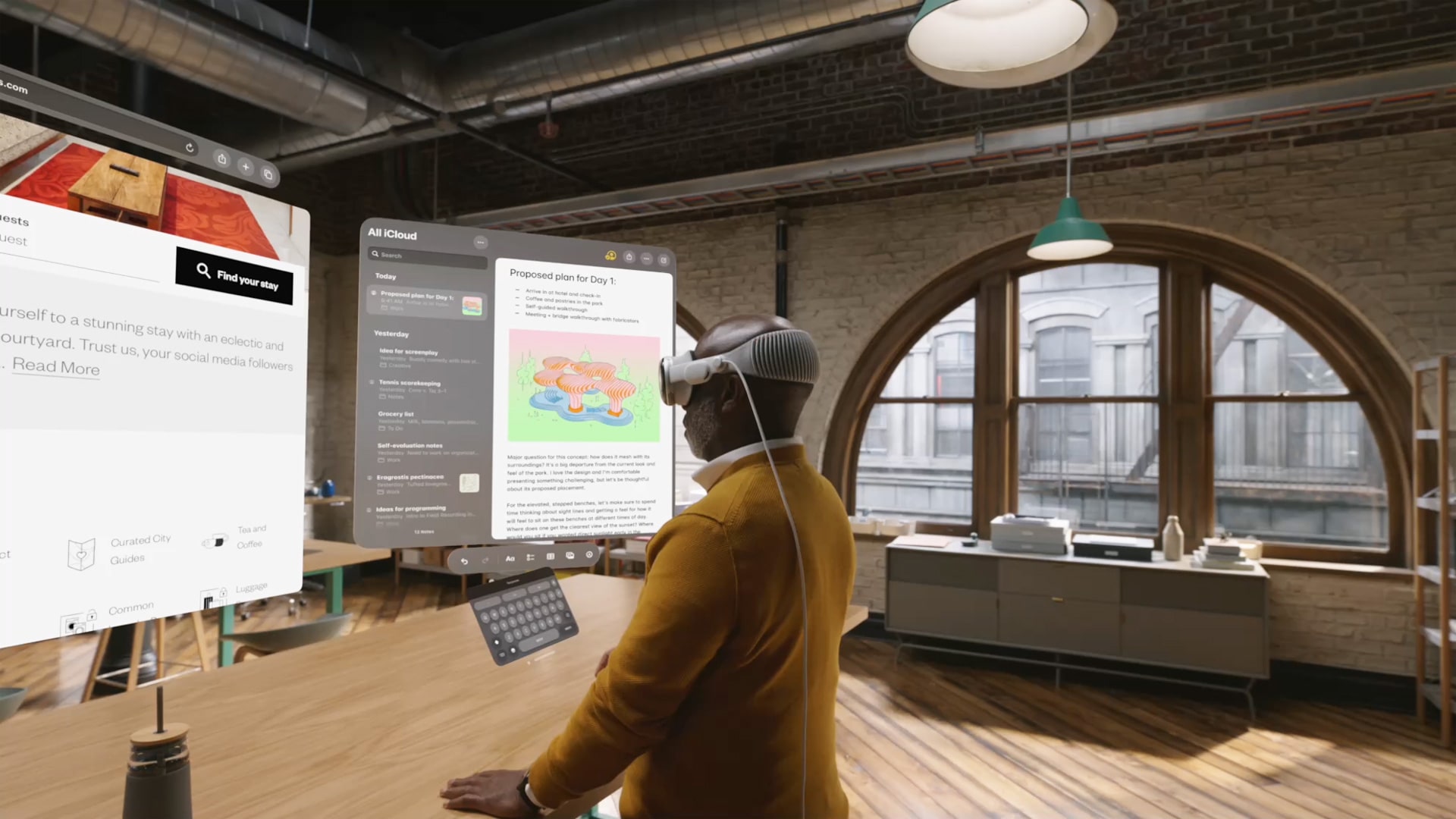
I haven’t even gotten to the way an Apple Ring could interact with the Apple Vision Pro, because it looks like Apple is focusing entirely on hands for input, but eventually I think we’ll see its wearables and phones get more involved in spatial computing, and not just for shooting cool spatial photos and videos.
Apple needs to make an Apple Ring, and fast. I know that Apple never copies Samsung; it’s Samsung’s job to do the copying. At least, that’s the way Apple fans see it. Forget that Apple only made big phones after Samsung made big phones. Forget that Apple only made the iPhone water resistant after Samsung did it. And multiple cameras. Wireless charging. I’ll stop, I’ve made my point.
Get daily insight, inspiration and deals in your inbox
Sign up for breaking news, reviews, opinion, top tech deals, and more.

Phil Berne is a preeminent voice in consumer electronics reviews, starting more than 20 years ago at eTown.com. Phil has written for Engadget, The Verge, PC Mag, Digital Trends, Slashgear, TechRadar, AndroidCentral, and was Editor-in-Chief of the sadly-defunct infoSync. Phil holds an entirely useful M.A. in Cultural Theory from Carnegie Mellon University. He sang in numerous college a cappella groups.
Phil did a stint at Samsung Mobile, leading reviews for the PR team and writing crisis communications until he left in 2017. He worked at an Apple Store near Boston, MA, at the height of iPod popularity. Phil is certified in Google AI Essentials. He has a High School English teaching license (and years of teaching experience) and is a Red Cross certified Lifeguard. His passion is the democratizing power of mobile technology. Before AI came along he was totally sure the next big thing would be something we wear on our faces.